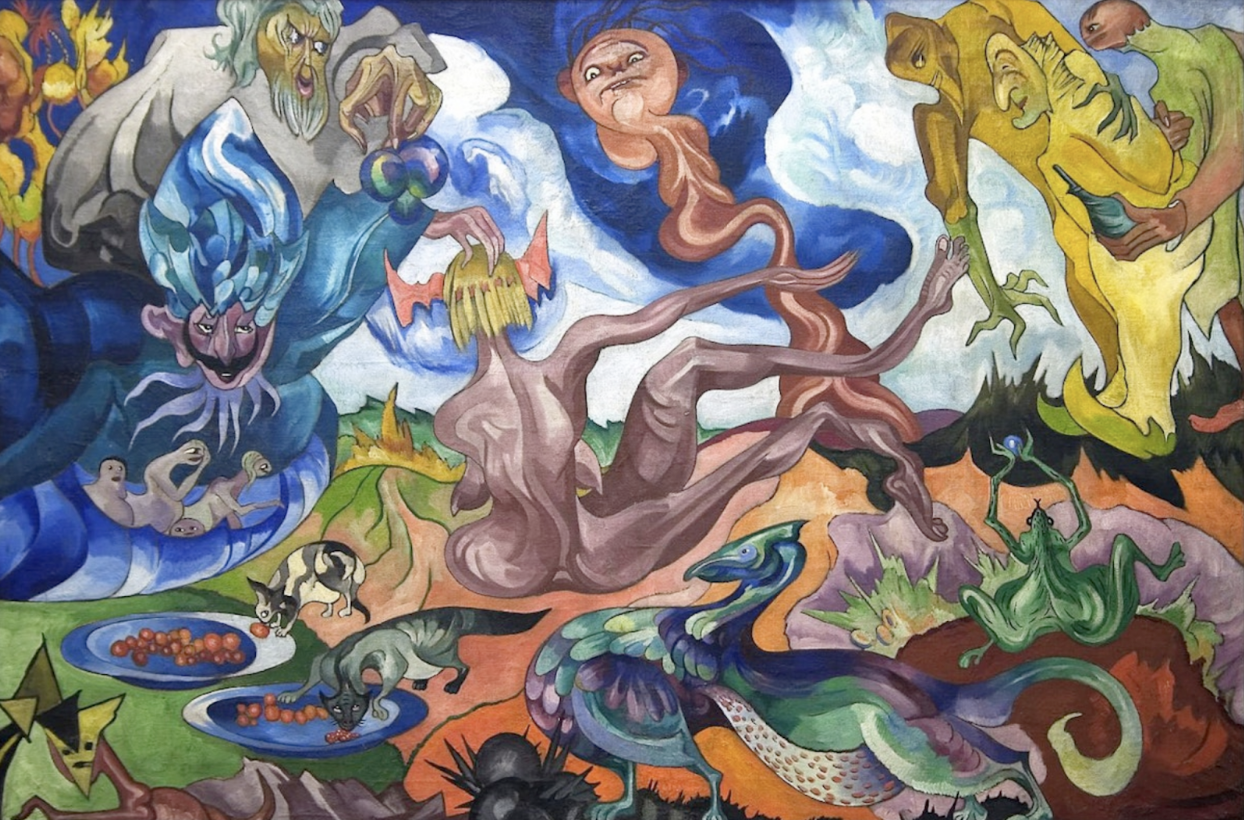Too many Americans are in prison for non-violent psychedelic drug offenses, but Maryland may have a plan to change that.
The Maryland Senate unanimously approved a bill to create a psychedelics task force to study and make recommendations on a possible regulatory framework for psilocybin and DMT. It would be charged specifically with ensuring “broad, equitable and affordable access to psychedelic substances” in the state.
Members of the task force would be required to examine and make recommendations on issues such as “permitting requirements, including requirements regarding education and safety,” “access to treatment and regulated support” and “production of natural psychedelic substances.”
There are also provisions tasking the body with looking into expunging prior convictions for psychedelics and releasing people incarcerated for such offenses. Here’s more:
Silo Pharma announced that it filed a provisional patent application titled ‘Methods and Combinations for Managing Pain’ with the United States Patent and Trademark Office.
The patent application includes protection for the Company’s SP-26 implantable drug delivery system for a novel time-released, dose-controlled formulation of ketamine, initially targeted for fibromyalgia. Silo believes that implantable drug delivery may be well-suited for chronic pain management, too.
The company’s implant technology is designed to deliver a steady, low dose of ketamine for sustained relief of chronic pain. If approved, SP-26 could be the first at-home approved ketamine based therapeutic. Check it out:
https://finance.yahoo.com/news/silo-pharma-files-patent-groundbreaking-111500164.html
Usona Institute announced the launch of its Phase 3 clinical trial evaluating the efficacy, safety, and tolerability of psilocybin in adults with major depressive disorder.
Approximately 240 adults aged 18 years and above who are experiencing a major depressive episode will be enrolled in the trial. Each participant will receive a 25mg dose of psilocybin, administered alongside psychosocial support.
Following an initial 6-week randomized, double-blind treatment period, participants will be monitored for one year to characterize the treatment durability and long-term safety of psilocybin treatment. Here’s more: https://www.businesswire.com/news/home/20240319311602/en/Usona-Institute-Announces-Launch-of-uAspire-Phase-3-Clinical-Trial-Investigating-Psilocybin-for-Major-Depressive-Disorder
Known as the uAspire trial, its launch represents the beginning of an important next stage in the development of psilocybin as a potential therapeutic option for those diagnosed with MDD.
Did you know that the famous Polish artist Stanislaw Witkiewicz painted portraits while on psychedelics?
In fact, two of his more famous portraits of his partner Nina Starchurska, were both created after taking mescaline (synthesized by Merck) and peyote. Witkiewicz also wrote a book of essays in 1932 which documented his own experimentation with those hallucinogens. Here’s more: https://www.openculture.com/2022/05/the-polish-artist-stanislaw-witkiewicz-made-portraits-while-on-different-psychoactive-drugs.html
